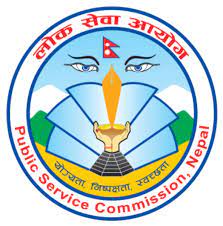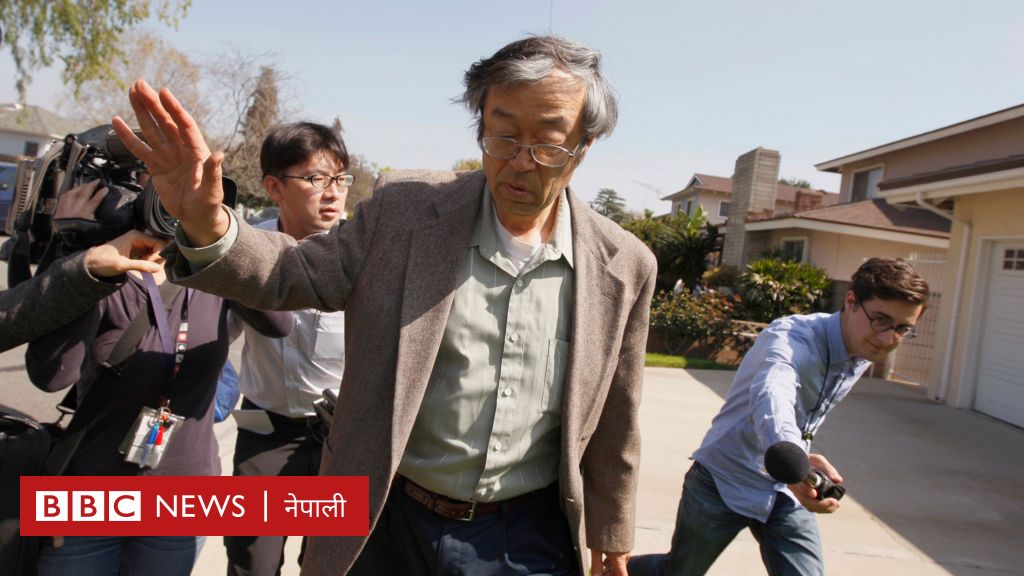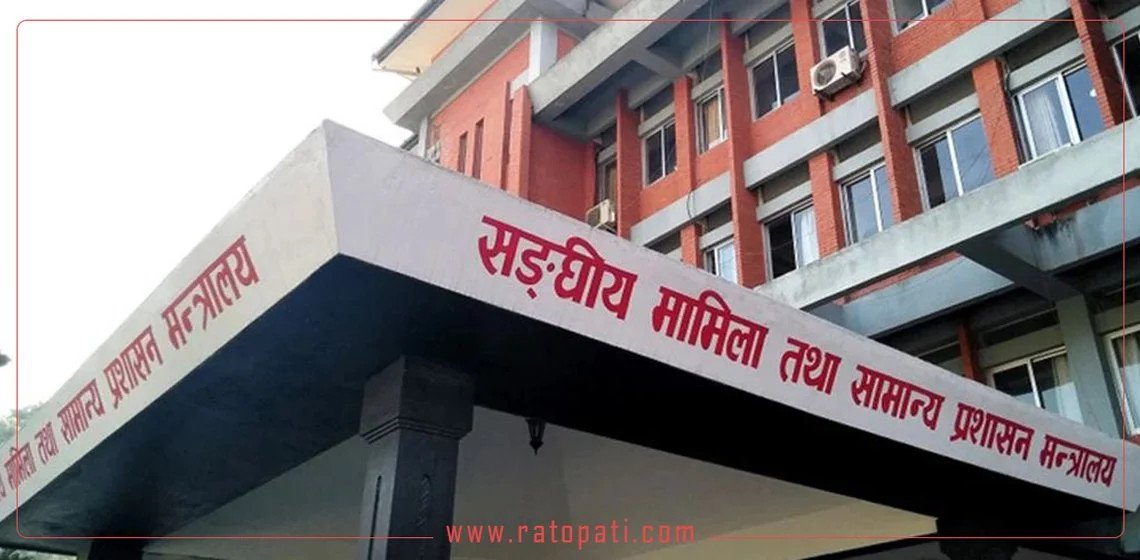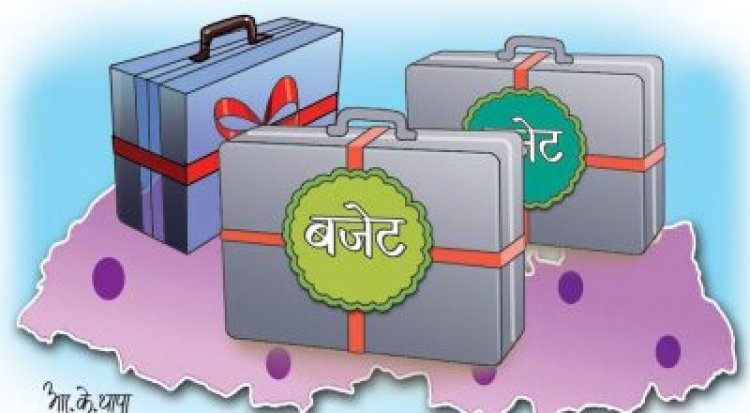Nepal: Unveiling the Power of Social Media and its Influence on Politics, Society, and Communication
Vijaya Regmi, Asahi Automotive products, JAPAN In an era dominated by the digital revolution, social media has emerged as a formidable force, revolutionizing the way we connect, communicate, and engage with the world around us. From politics to society, its influence has been transformative, creating both opportunities and challenges. In this article, we delve into […]

Vijaya Regmi,
Asahi Automotive products, JAPAN

In an era dominated by the digital revolution, social media has emerged as a formidable force, revolutionizing the way we connect, communicate, and engage with the world around us. From politics to society, its influence has been transformative, creating both opportunities and challenges. In this article, we delve into the power of social media and its profound impact on politics, society, and communication.
The Changing Landscape of Politics: 
Social media has disrupted traditional political landscapes, empowering individuals to engage in public discourse like never before. Platforms such as Twitter, Face book, and Instagram have become powerful tools for political leaders, activists, and citizens to voice their opinions, mobilize support, and influence public opinion.
In recent years, we have witnessed how social media has played a pivotal role in political campaigns, shaping electoral outcomes. Candidates leverage these platforms to connect with voters, share their policies, and address concerns directly. The ease of sharing information and engaging in real-time conversations has created a more accessible and participatory political environment.
However, the influence of social media on politics is not without its challenges. The spread of misinformation, fake news, and echo chambers have become significant concerns. The viral nature of social media can amplify divisive rhetoric and polarize public discourse. The responsibility to discern fact from fiction lies with users and platforms alike, calling for greater media literacy and transparent content moderation.
Society in the Digital Age:
Social media has become an integral part of our daily lives, transforming the way we communicate, access information, and interact with society. It has given a voice to marginalized communities, enabling them to share their stories, mobilize support, and advocate for social change.
The power of social media to connect people across geographical boundaries has fostered global conversations and facilitated solidarity movements. Hash tags like #MeToo and #BlackLivesMatter have sparked crucial discussions on gender equality and racial justice, transcending borders and catalyzing real-world impact.
Moreover, social media has enabled businesses, non-profit organizations, and artists to reach wider audiences, creating new avenues for growth, innovation, and cultural exchange. From small enterprises to global brands, social media platforms offer unprecedented visibility and engagement opportunities.
Communication in the Digital Age:

Social media has revolutionized the way we communicate, allowing us to share thoughts, ideas, and experiences instantaneously. It has transformed the news landscape, with citizens becoming active contributors to real-time reporting through user-generated content and citizen journalism.
Platforms like Twitter have facilitated direct conversations between individuals and public figures, breaking down traditional hierarchies and fostering more transparent and accessible communication channels. Social media has empowered individuals to express their opinions, engage in meaningful discussions, and hold institutions accountable.
However, the fast-paced nature of social media communication has also raised concerns regarding privacy, cyber bullying, and mental health. It is crucial for individuals to navigate these platforms mindfully, fostering a healthy online environment.
Social media has become an undeniable force, shaping the political, societal, and communicative landscape of our times. Its transformative power to mobilize communities, influence public opinion, and foster global conversations cannot be understated. As users and responsible digital citizens, it is our collective responsibility to harness the potential of social media while mitigating its challenges. By utilizing social media as a tool for meaningful engagement, we can drive positive change and shape a more inclusive and informed society.
# The author currently is based in Japan and works as Product Quality Controller at Asahi Automotive Products, NODA, Japan: Ed. Upadhyaya.














